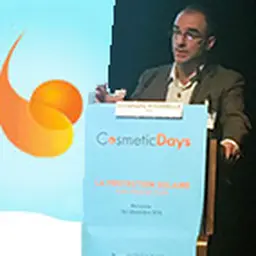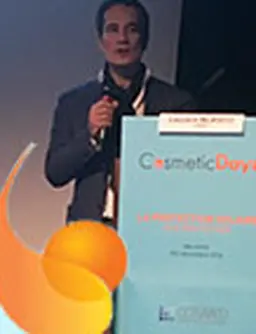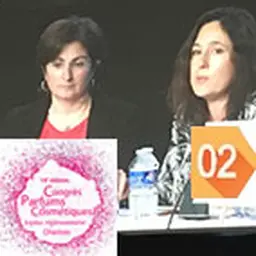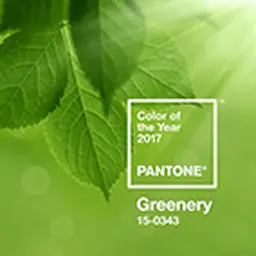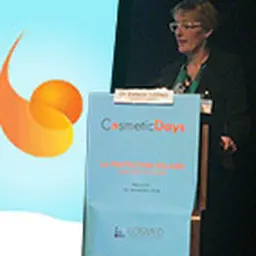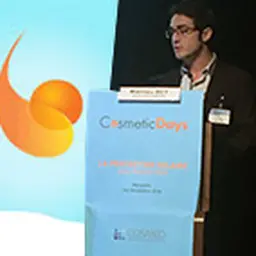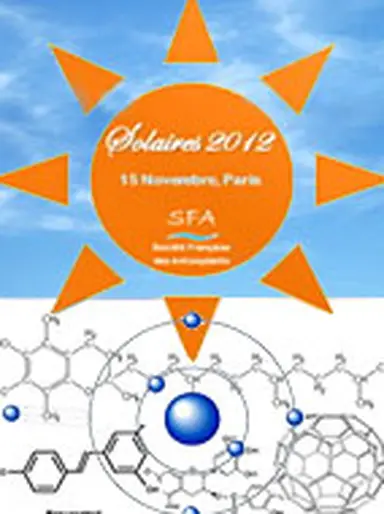
The oxidative stress (and the formation of free radicals) is a major factor of aggression against the human cells, and is strongly linked to many skin diseases. A logical option to fight against its effects is to use anti-oxidants, by oral intake or by application on the skin. However, there is a paradox: anti-oxidants provide cutaneous diseases with few benefits. This was the topic of a lecture by Dr Olivier Sorg, from the Dermato-Toxicological Unit of the Geneva (Switzerland) University, during the 5th meeting of the French Society of Anti-oxidants, held in Paris on 15 November 2012.
The oxidative stress has multiple causes: genetic anomalies, lack of some nutrients trace elements, vitamins …) that lead to a lack of anti-oxidants, heavy metals intoxication, ionizing radiations, and, obviously, exposure to UV radiation …
All these factors produce Reactive Oxygen Species (ROS), which transmit the oxidative stress, and affect our organisms through several ways, especially:
• the integrity of our cells’ membranes,
• the biological function of our proteins,
•the signals inside every cell …
Our skin comprises several barriers of anti-oxidant natural defenses:
• in the stratum corneum, lipophilic non-proteinic anti-oxidants: tocopherols, Q10, squalene, sterols …
• in the epidermis:
>hydrophilic anti-oxidants: glutathione (GSH), ascorbate, urate …
>enzymatic anti-oxidants: CAT (catalase), SOD (superoxide dismutase), GPX (glutathione peroxidase), PRX (peroxiredoxine) …
These defenses may be not efficient enough to prevent cutaneous diseases.
ROS and cutaneous pathologies
Dr Sorg has explained the role of the ROS and of the oxidative mechanisms in several cutaneous diseases, describing them as chain-reactions and vicious circles that are self-enforcing and prolong pathologies.
Atopic dermatitis
Infiltration of the skin by lymphocytes, monocytes, eosinophiles
=> formation of ROS
=> inflammation
=> increased infiltration of the skin.
Psoriasis
Fatty acids metabolism disruption
=> lipidic peroxidation
=> formation of ROS
=> oxidation of …


